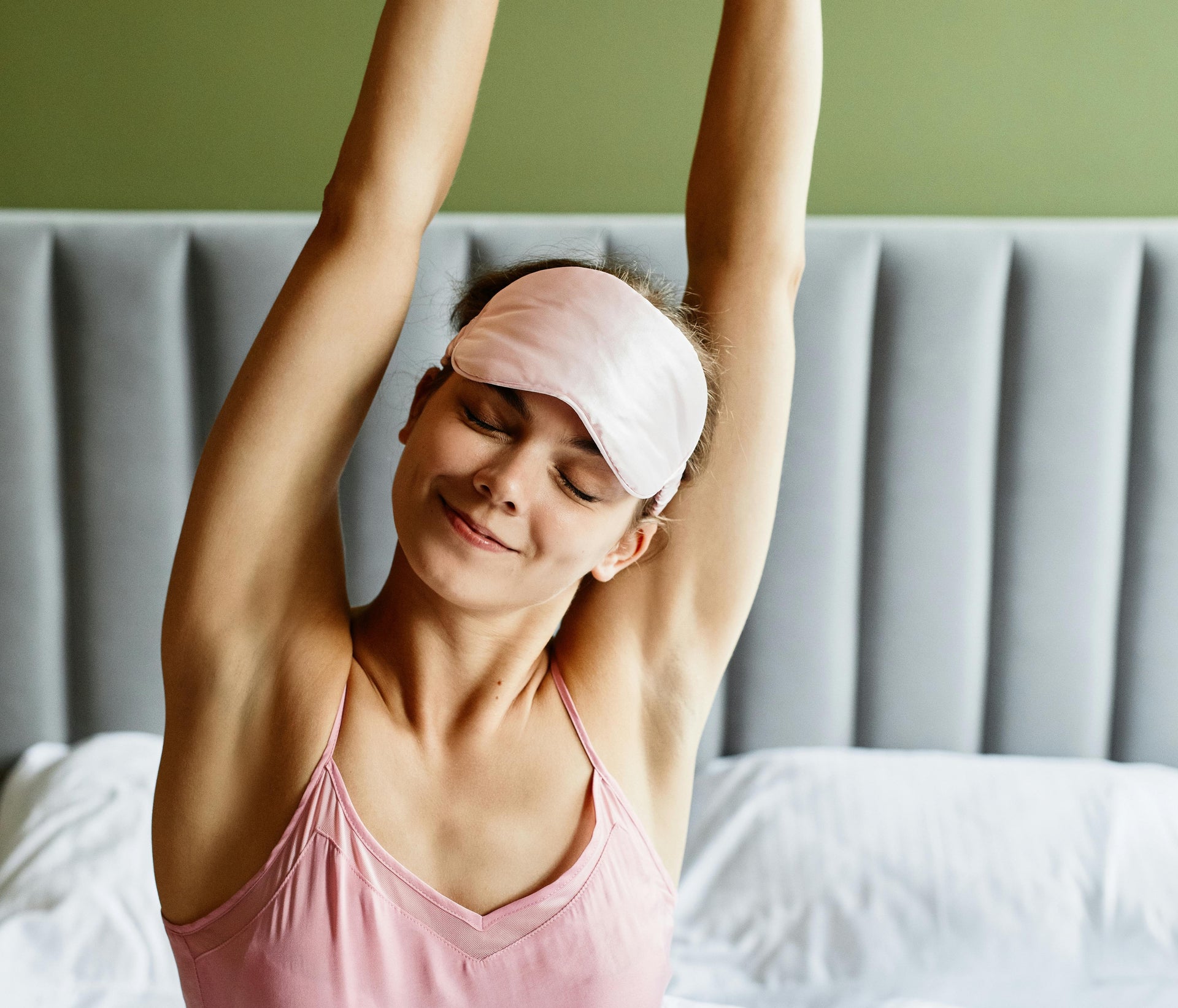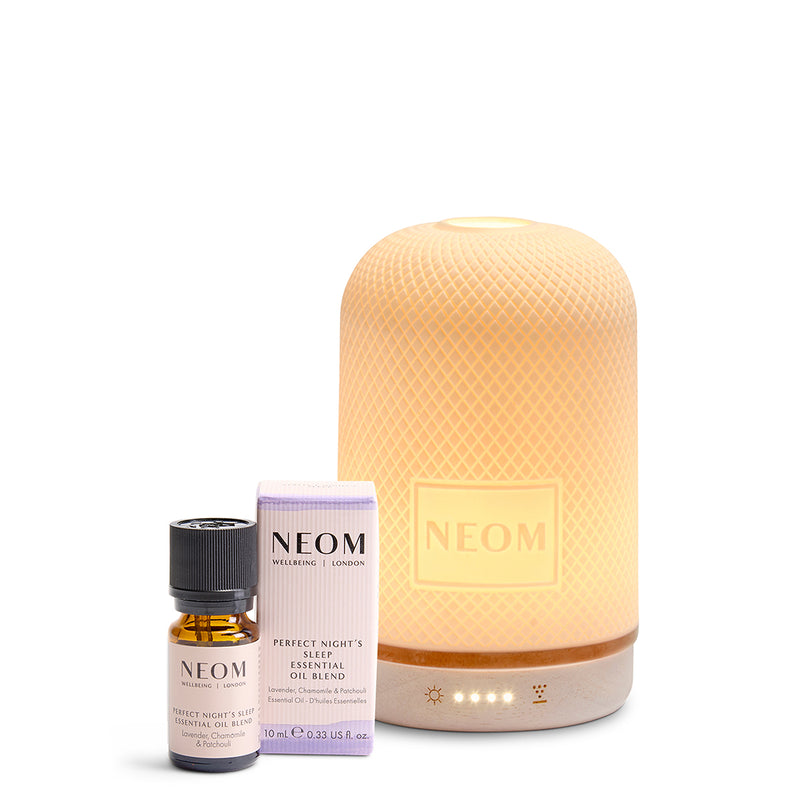We've all heard how important sleep is, but what actually happens to our bodies and minds when we get our suggested eight hours? From boosting your immune system to enhancing cognitive function, here's why a good night's sleep makes all the difference to our wellbeing…
It Gives Us An Immune System Boost
One of the most immediate benefits of a full night's sleep is the strengthening of our immune system. “During sleep, your immune system releases proteins called cytokines, some of which help promote sleep,” explains Dr. Eric J. Olson at The Mayo Clinic. “Certain cytokines need to increase when you have an infection or inflammation, or when you're under stress.” While we sleep, our body gets to work releasing these protective cytokines, repairing and healing any cells that may be under stress.
It Helps Us Think More Clearly
While we all know that good sleep is important, it turns out that it’s vital for keeping our brain sharp, as it’s during sleep that our brain consolidates memories and clears out toxins. “A full night of sleep is needed to cement new memories and prevent forgetting,” explains Dr. Matthew Walker, a leading sleep scientist and author of Why We Sleep. “Sleep also clears the brain of the toxic proteins that accumulate during the day." This means better focus, sharper thinking, and improved problem-solving abilities.
It Can Help With Energy Levels
The most obvious benefit of a good night’s sleep? Improved energy levels. But simply feeling more energised after a good night’s kip isn’t all in your head – there’s science to back it up too. One study found that a person having slept six hours instead of eight would have to apply 25 percent more energy to function the following day. So if you’ve got a busy day ahead of you, those few extra hours in bed really will make all the difference.
It Can Help Improve Your Skin
It turns out beauty sleep is real. Sleep is the time in which our bodies repair themselves – and that includes our skin. During sleep, blood flow to your skin increases, allowing it to rebuild collagen and repair damage from UV exposure, resulting in fewer wrinkles and age spots. In fact, a 2017 study found that just two days of sleep restriction negatively affected participants’ perceived attractiveness, health, sleepiness, and trustworthiness. Yikes.
It Can Help With Better Long-Term Health
Not only does our body work hard overnight so that we wake up feeling refreshed – consistent good sleep can also improve your long term health. “Good sleep improves life expectancy,” explains Dr Frankie Jackson-Spence. “It reduces the risk of health disease, heart attacks and strokes – and also reduces the risk of brain ageing and neurodegenerative diseases.”
“People with more consistent and enough sleep also have been shown to have more diverse gut microbiomes which we also know is linked to many aspects of our health.”
But Hold On, Do Women Need More Sleep Than Men?
Recent studies indicate that women may need more sleep than men. Dr. Jim Horne, a sleep neuroscientist, suggests that "women tend to multi-task – they do lots at once and are flexible – and so they use more of their actual brain than men do. Because of that, their sleep needs are greater." However Frankie Jackson-Spence explains that this is hard to quantify and generally speaking, everybody’s sleep needs are personal. “The recommended sleep is 7-9 hours but this is an average,” explains Jackson-Spence. “Some people will need more or less.”
“There’s some data that women may require more than men, particularly at certain points of the menstrual cycle,” explains Jackson-Spence. “However it is difficult to quantify how much more, as again, some women need more than others and there is huge variety within the population. As a general rule of thumb, if you are getting 7 hours but still wake up feeling tired and not refreshed in the morning, you may need more sleep and that’s normal for you.”
DISCLAIMER: Please note that this article is intended as informational and is therefore not to be used as a substitute for medical advice. This article does feature the advice from expert(s), but this commentary is their own and not to be taken as views of NEOM Wellbeing.
Sleep Heroes For Your Nightly Routine
Bank a Perfect Night's Sleep with NEOM when you pick up some of our favourite products in the Scent to Sleep range...
Interested In Learning More?
Explore some of our useful sleep guides, including... A Nutritionist’s Timeline For The Perfect Night’s Sleep | Common Sleep Myths... Busted | What Is A Circadian Rhythm & How To Find Yours











